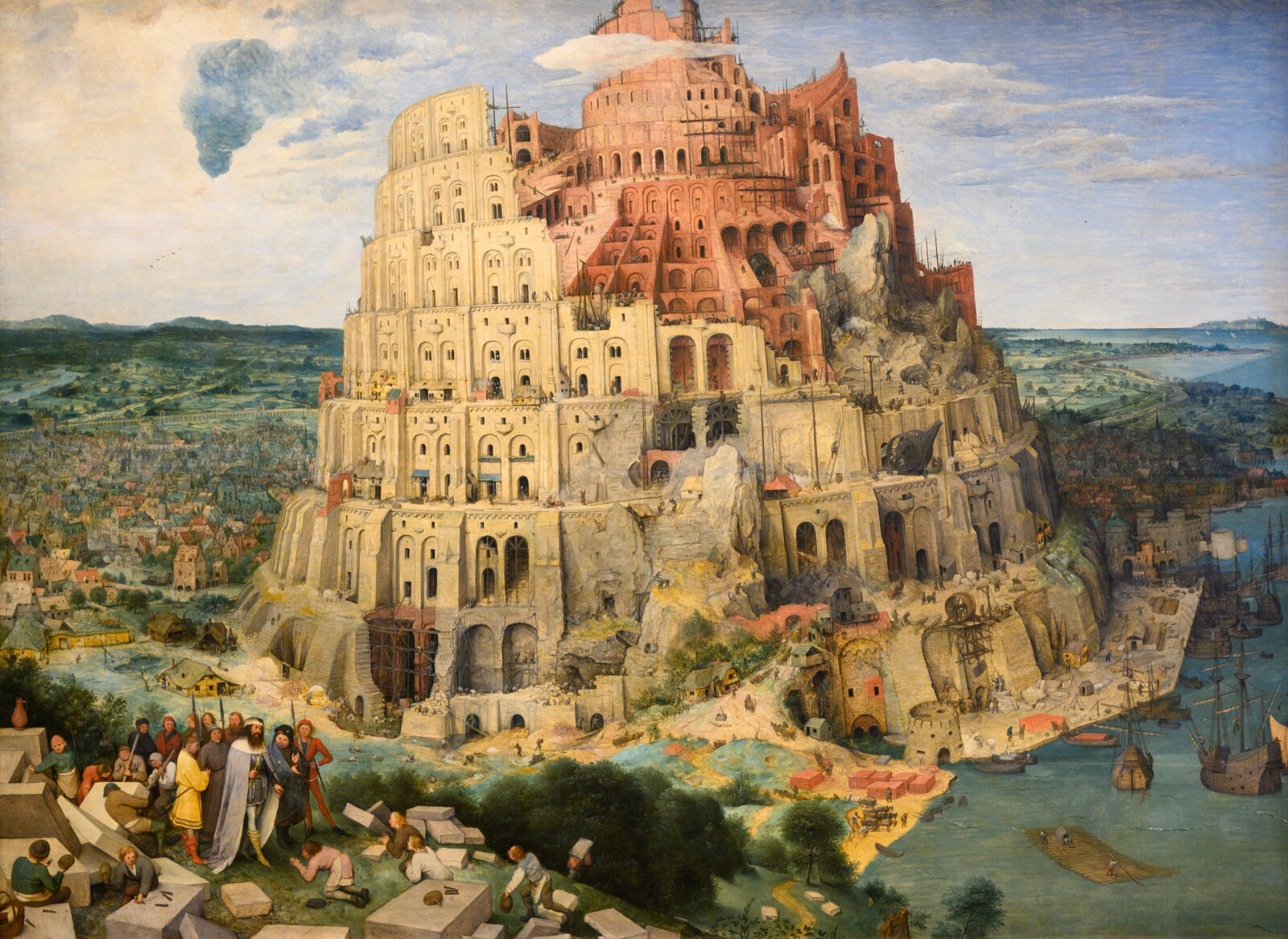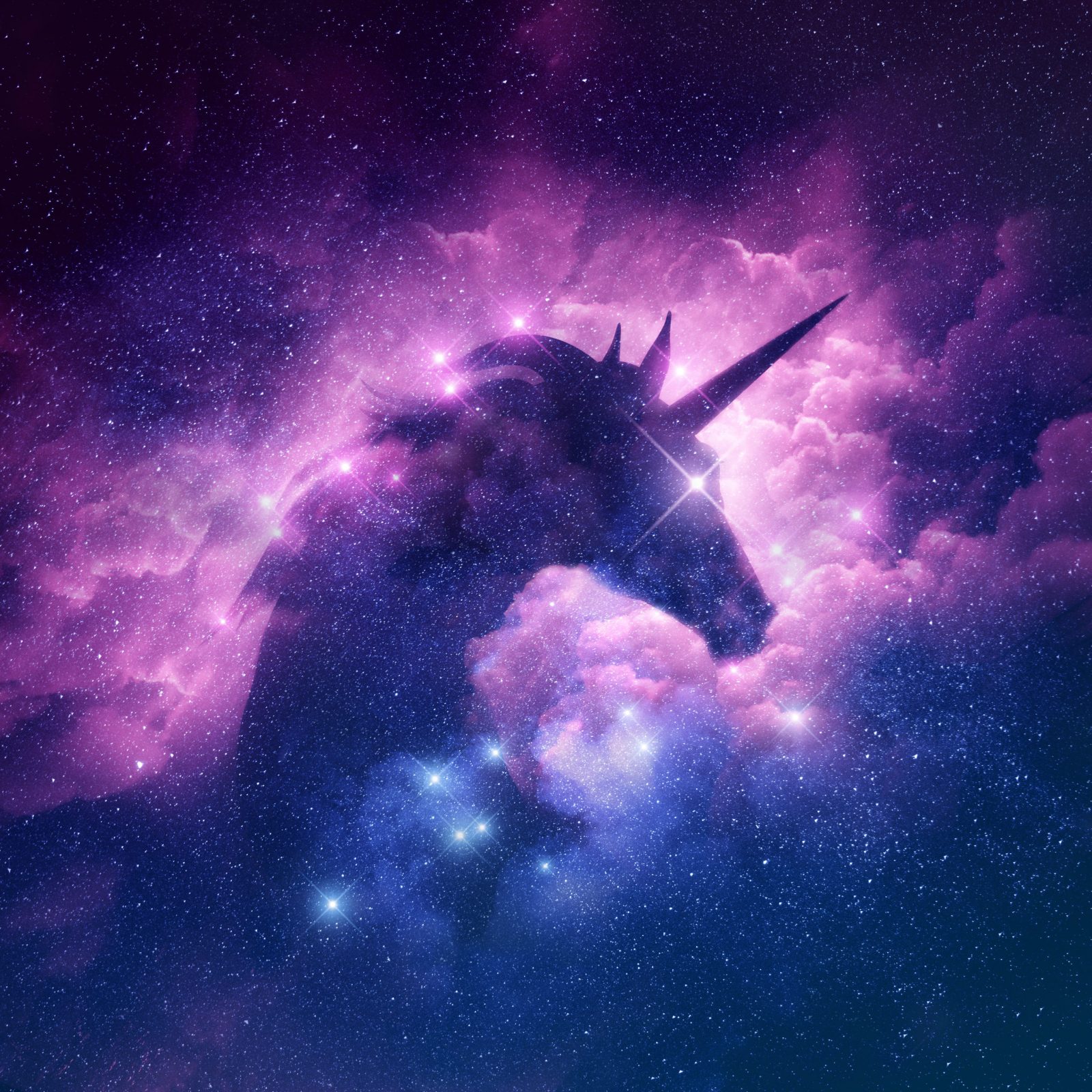
David Berlinski on His New Book, Science After Babel
On today’s ID the Future, host Andrew McDiarmid rings up Science After Babel author David Berlinski in Paris to discuss the philosopher’s latest book. Berlinski is at his cultivated best as the two discuss everything from the biblical Tower of Babel as a metaphor for modern materialistic science, to his friendship with the brilliant and colorful French intellectual Marcel Schützenberger, a world-class mathematician who was self-taught and, as we learn here, came within a hair’s breadth of being swept up in the Chinese Revolution. Berlinski also reflects on the seminal 1966 WISTAR symposium, which laid out some mathematical challenges to Darwinism, challenges that Berlinski says remain unanswered to this day. At the same time, Berlinski gives the devil—here Darwinism—its due. Tune in for this and more, and order your copy of Berlinski’s Science After Babel here.
